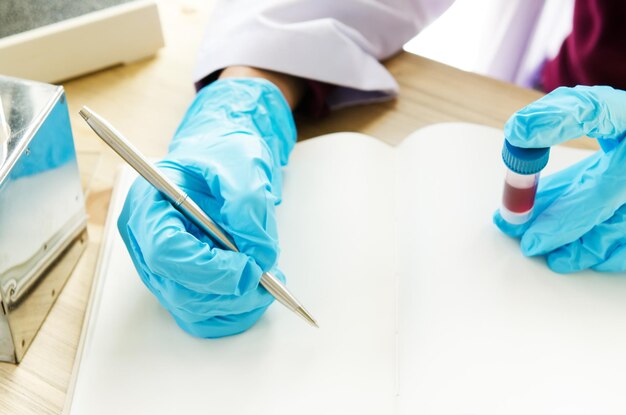How to Become a Forensic Pathologist: Essential Education and Certifications
A career as a forensic pathologist is both fascinating and deeply rewarding, blending science with crime-solving. To embark on this path, one must possess a strong educational background and obtain relevant certifications. The journey begins with a bachelor's degree, typically in biology, chemistry, or a related field. This foundational knowledge is critical for admission to medical school, where aspiring forensic pathologists must earn a Doctor of Medicine (MD) or Doctor of Osteopathic Medicine (DO) degree. Graduating from medical school is just the beginning.
Subsequent steps involve rigorous training through a residency in pathology, focusing on anatomical and clinical pathology over three to four years. Following residency, a one-year fellowship in forensic pathology is essential to gain specialized skills. Finally, obtaining certification from the American Board of Pathology in both pathology and forensic pathology is crucial to practice in this field. Pursuing these educational achievements not only imbues professionals with the necessary expertise but also underscores a commitment to excellence, opening the door to a career that makes a profound impact in the world of forensics.
Path to Becoming a Forensic Pathologist:
- 🎓 Bachelor’s Degree: Biology, Chemistry, or related field
- 🩺 Medical School: Doctor of Medicine (MD) or Doctor of Osteopathy (DO)
- 💼 Residency: Pathology (3-4 years)
- 🧪 Fellowship: Forensic Pathology (1 year)
- 📜 Board Certification: American Board of Pathology (Pathology and Forensic Pathology)
